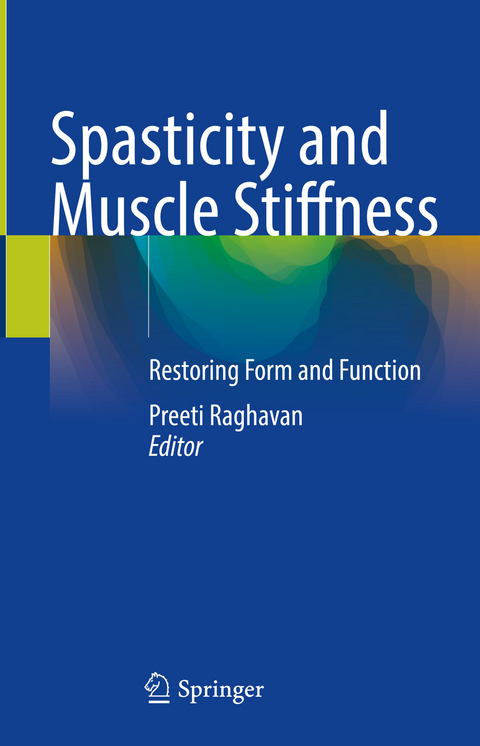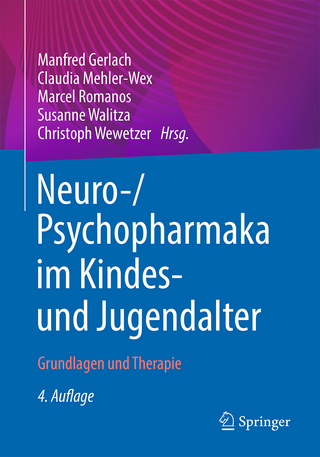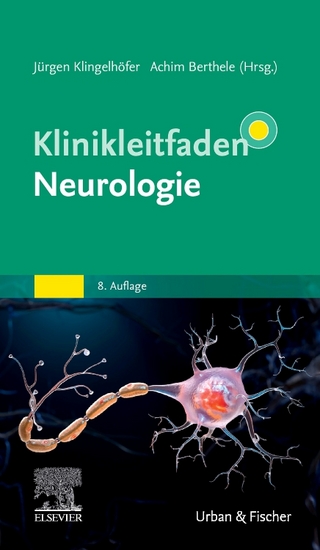
Spasticity and Muscle Stiffness
Springer International Publishing (Verlag)
978-3-030-96899-1 (ISBN)
lt;p>Preeti Raghavan, MBBS, is Associate Professor of Physical Medicine and Rehabilitation and Neurology at the Johns Hopkins University School of Medicine and Director of the Center of Excellence for Stroke Recovery and Rehabilitation at the Sheikh Khalifa Stroke Institute. She also directs the Motor Recovery Research Laboratory where she leads a team of researchers to develop innovative therapeutic strategies to enhance recovery after stroke and other forms of brain injury.
PART 1.- 1. Neural basis of spasticity.- 2. Spasticity vs Spastic Movement Disorder.- 3. Clinical Assessment of the Syndrome of Spastic Paresis.- 4. Quantitative Measurement of Resistance to Passive Joint Motion in Chronic Stroke Survivors.- 5. Structural alterations in Spastic Muscle.- 6. Mechanisms of Development of Passive Mechanical Muscle Stiffness.- 7. Symptomatic and Functional After-Effects of the Syndrome of Spastic Paresis.- PART 2.- 8. Framework for the Treatment of Spasticity and Muscle Stiffness.- 9. Medical Exacerbation of Spasticity.- 10. Oral Spasmolytics.- 11. Intrathecal Baclofen Therapy.- 12. Treatment of Focal Muscle Overactivity using Botulinum Toxin Injections.- 13. Treatment of Focal Muscle Stiffness with Hyaluronidase Injections.- 14. Emerging Non-pharmacologic Therapies.
| Erscheinungsdatum | 14.09.2022 |
|---|---|
| Zusatzinfo | XIX, 321 p. 111 illus., 105 illus. in color. |
| Verlagsort | Cham |
| Sprache | englisch |
| Maße | 155 x 235 mm |
| Gewicht | 672 g |
| Themenwelt | Medizin / Pharmazie ► Allgemeines / Lexika |
| Medizin / Pharmazie ► Gesundheitsfachberufe | |
| Medizin / Pharmazie ► Medizinische Fachgebiete ► Neurologie | |
| Medizin / Pharmazie ► Physiotherapie / Ergotherapie | |
| Schlagworte | Case Studies • Connective Tissue • Function • Movement • Multiple Sclerosis • spasticity • stroke • treatment algorithms |
| ISBN-10 | 3-030-96899-5 / 3030968995 |
| ISBN-13 | 978-3-030-96899-1 / 9783030968991 |
| Zustand | Neuware |
| Informationen gemäß Produktsicherheitsverordnung (GPSR) | |
| Haben Sie eine Frage zum Produkt? |
aus dem Bereich


